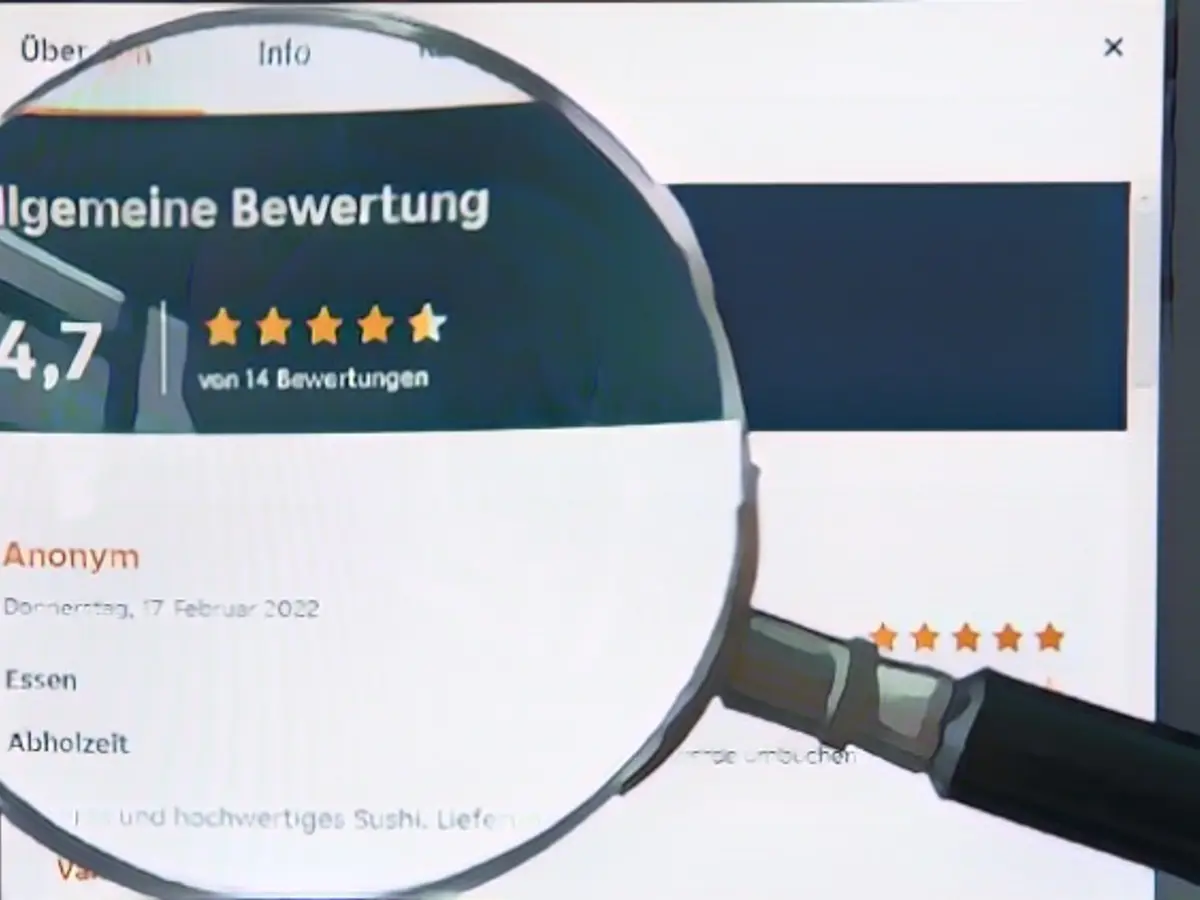Online review deception remains a prevalent issue, with platforms like Amazon and Google struggling to keep up with the removal of fake reviews. While these companies have taken various measures to curb the problem, consumer protection experts warn that the deceptive practice continues to thrive, with a significant portion of fraudulent reviews going undetected.
Customer trust is heavily influenced by online reviews, with many relying on the experiences of others when making purchasing decisions. However, a third or more of these reviews are manipulated, either through the creation of fake accounts or the payment of individuals to write positive reviews. According to Sabrina Wagner of the Federation of German Consumer Organizations, this is often facilitated by review agencies, which hire testers to write reviews based on instructions, sometimes without even experiencing the product themselves.
The economic cost of fake reviews is substantial. In Germany alone, false ratings are estimated to amount to 3.8 billion euros annually. The European Union has banned fake reviews since May 2022, requiring platforms to only publish reviews from real customers who have actually purchased the product. However, enforcement of this directive has been lax, with many providers failing to comply.
Courts have taken action against companies engaged in review fraud, such as the Munich Regional Court's order to cease and desist against Goldstar Marketing, a significant player in the field of fake reviews. Despite these actions, the global nature of the issue poses challenges. The company behind Goldstar Marketing, Norbert Weber, has vanished, with Holidaycheck hiring private detectives to locate him.
Review agencies also operate in a gray area, using messenger services like WhatsApp, Facebook, and Telegram to recruit testers. Amazon regularly takes legal action against these providers, but the shifting nature of these organizations and their use of pseudonyms make tracking down and penalizing them challenging.
To address the issue on a larger scale, several platforms, including Amazon, have joined forces with industry giants to develop strategies for identifying and combating fake reviews. Amazon has implemented strict policies against fake reviews and uses machine learning to detect and block suspicious activity, as well as programs like the Vine Program and Verified Purchase Reviews to encourage genuine feedback. Google has also taken steps, collaborating with the UK's Competition and Markets Authority to develop a holistic approach to fake review detection.
AI is playing an increasingly important role in the detection of fake reviews, with tools like Copyleaks and GPTZero using machine learning to spot repetitive language patterns and flag potential fakes. AI-driven authenticity scoring is also being used to assess the reliability of reviews.
Despite these efforts, recognizing fake reviews can be challenging. Clues include an overwhelming number of positive reviews, repetitive language patterns, and profiles with multiple reviews for different companies in a short period. Platforms use automated checking processes to filter out fake reviews, but AI's limits could be reached if fraudsters use AI tools to generate reviews that appear indistinguishable from genuine ones.
In conclusion, the issue of fake online reviews is a complex one, with no easy solutions. While platforms have taken measures to curb the practice, it continues to thrive, and consumer protection experts warn that vigilance is needed to identify and combat it.








